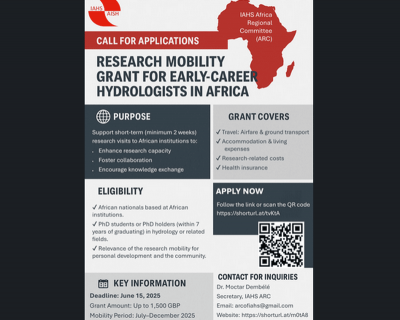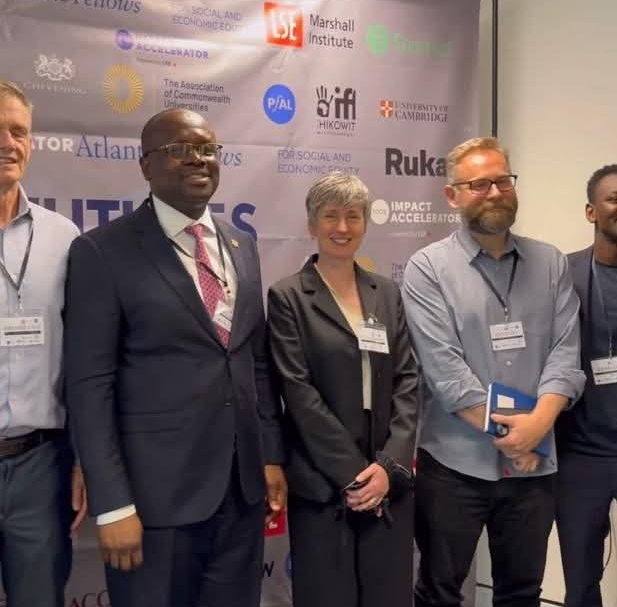Over 75% of people in 17 countries support cutting methane emissions - Global Survey finds - MyJoyOnline
More than three out of four people surveyed in 17 countries across five continents, including countries in Africa support action to reduce harmful methane emissions - a greenhouse gas far more potent than carbon dioxide, 86 times more potent than Carbon dioxide [CO₂] over a 20-year period and 28 times more potent over 100 years.
In the United States, a large majority also supports stronger climate policies and efforts to curb methane pollution.
The online survey collected responses from at least 600 people in Argentina, Botswana, Brazil, Colombia, Egypt, France, Germany, Indonesia, Kazakhstan, Mexico, Morocco, Oman, Pakistan, the Philippines, South Africa, the United Kingdom, and the United States.
Respondents were asked about a range of key issues, including their views on climate change, environmental concerns and support for action, awareness of methane emissions, and support for specific policies aimed at reducing methane pollution.
The international survey, commissioned by the Global Methane Hub, aimed to measure public support for climate solutions, particularly those focused on cutting methane, a powerful greenhouse gas responsible for about 30% of global warming since the pre-industrial era.
The research found that people living in areas hardest hit by extreme heat are also the loudest in demanding climate action to lower global temperatures.
As countries around the world debate whether to adopt, expand, or roll back methane policies, the survey results send a clear message: there is strong global support for urgent government action to tackle methane emissions and protect communities from climate impacts most notably, countries in the Global South, where the impacts of climate change are most severe.
“Communities that are feeling the most heat literally are also the most vocal in calling for climate action,” said Marcelo Mena, CEO of the Global Methane Hub. “Cutting methane is one of the fastest ways to bring temperatures down, and people know it. It’s not just science, it’s a direct response to what they’re experiencing on the ground.”
According to the survey, 44% of Brazilians, 41% of Filipinos, and 36% of Pakistanis say climate change has had an extreme impact on their lives. In comparison, only 20% of Americans, 14% of Brits, and just 6% of Germans say the same.
Support for climate action is highest in developing countries. In Indonesia, 68% of people strongly support efforts to fight climate change, followed by Brazil (66%) and South Africa (56%). Meanwhile, only 23% of French and 24% of German respondents showed strong support.
The findings suggest that the more people feel the direct effects of climate change, the more they support action to tackle it, especially in Latin America, Africa, and Asia.
Support for cutting methane emissions is stronger in less developed countries, while wealthier nations show less enthusiasm for such reforms, a new international survey reveals.
In eight out of the 17 countries surveyed, mostly in the Global South, over 40% of respondents expressed strong support for reducing methane emissions. However, even in places where people feel severely affected by climate change, environmental issues like climate action, food waste, and sustainable farming often rank below economic concerns.
The survey also shows a difference in support between general methane reduction efforts and reforms targeting specific sectors like agriculture. While most people back efforts to reduce methane overall, many are less willing to support policies that affect farming, a major source of methane emissions.
For example, in Egypt, 88% of respondents support general action on methane, but only 75% support reforms focused on agriculture. Similarly, in Kazakhstan, general support stands at 79%, but drops to 68% when it comes to agricultural methane policies.
METHANE POLICIES
Global Survey Shows Mixed Reactions to Methane Policies Across Regions
The survey reveals that support for methane reduction policies varies widely across countries and sectors, with notable differences between general support and specific policy proposals.
In the United States and Germany, defining methane targets as part of Nationally Determined Contributions (NDCs) does not increase support. In fact, it slightly reduces strong support in the UK and France compared to general calls for methane action.
While about 75% of respondents across surveyed countries support tracking methane emissions in agriculture, G7 nations view the agriculture sector as the least capable among the “big three” of delivering effective climate action.
More than 70% of Americans back methane fees for excessive or wasted emissions, despite President Donald Trump’s efforts to undo the Inflation Reduction Act provision that supports such fees.
In Europe, support for greenhouse gas (GHG) taxes is higher in the UK than in Germany, but neither country shows strong enough backing for likely policy approval. Still, a majority of Germans favor national methane strategies and flaring regulations on imported energy, indicating that building stronger public backing could help advance these policies.
In Latin America, support intensifies when methane targets are defined in NDCs, especially in Argentina and Mexico. Tracking agricultural methane emissions is more popular than general methane action in these countries, and waste-related methane policies are particularly well-received across the region.
About 80% of Brazilians and Mexicans support anti-venting rules for the oil and gas industry. In Colombia, 59% strongly support transparency measures from the ANH, making it one of the most popular policies surveyed.
In Africa and the Middle East, agricultural methane reforms attract less support than general methane policies, but emissions tracking for agriculture enjoys broad regional backing. In Egypt, strong public support exists for mandatory energy emissions tracking and the establishment of a methane reduction fund. Meanwhile, Moroccans largely support renewable energy promotion, though support drops when a GHG tax is added to the policy.
In Asia, support for specific methane targets in NDCs is generally lower than for broader methane actions, especially in Indonesia. While tracking agricultural emissions sees little outright opposition in the region, support intensity falls in Indonesia and Kazakhstan compared to energy-related reforms. Notably, in Kazakhstan, emissions tracking in the oil and gas sector is 10 percentage points more popular than a similar policy in agriculture.
The survey also highlights sharp contrasts in how different regions prioritize environmental and economic issues. Among G7 nations, inflation remains the dominant concern. However, climate change ranks as one of the top three concerns in France. In the United States, clean water emerges as a top priority, reflecting growing environmental awareness tied to public health.
In Africa and the Middle East, climate change is considered a lower priority compared to urgent economic and social challenges. In Egypt, national defense ranks high, while food security is a key concern in Morocco. However, access to clean water is a major priority across the region.
In Asia, economic development tops the list of concerns. Citizens place the highest importance on boosting economic growth, creating jobs, and reducing poverty. Environmental concerns like clean water and clean air are present but secondary, ranking fifth in countries like Pakistan and Kazakhstan. Stopping climate change, in contrast, consistently ranks among the lowest priorities across all surveyed Asian countries.
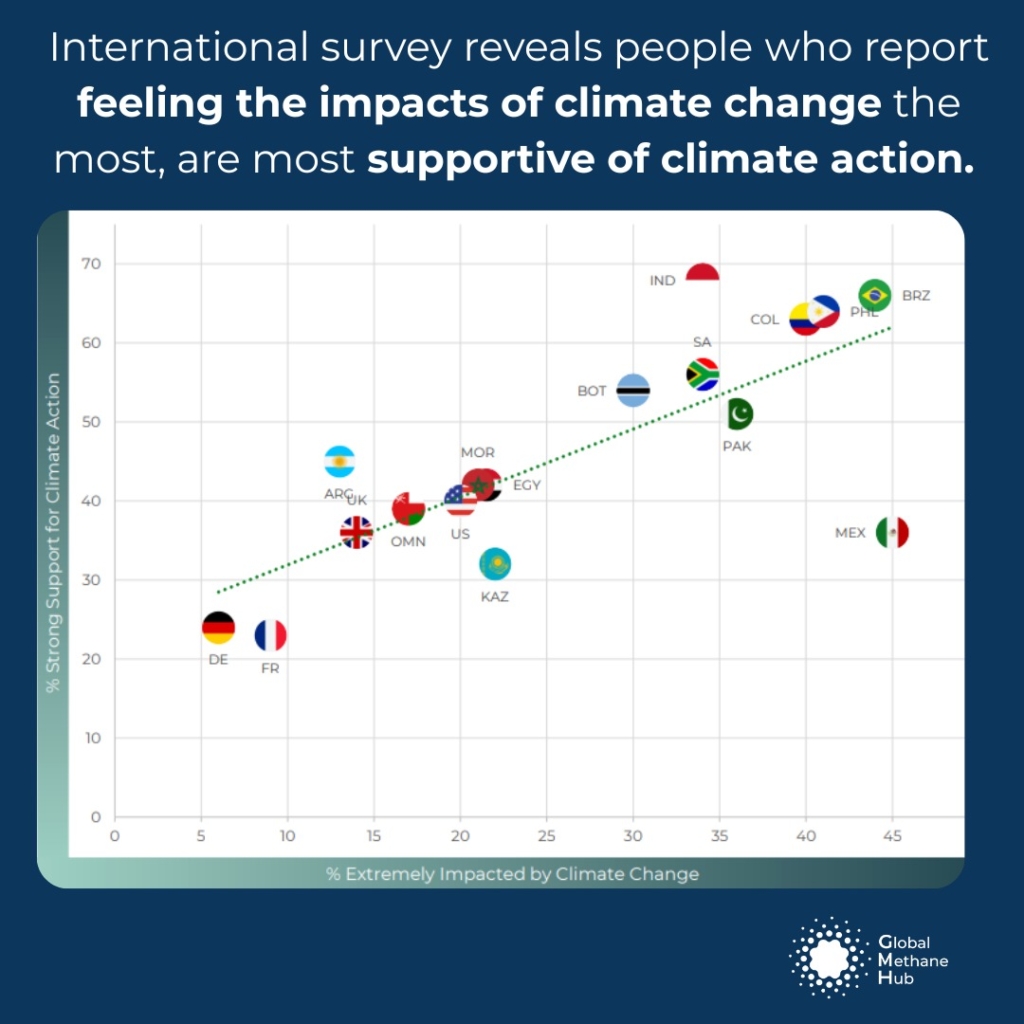
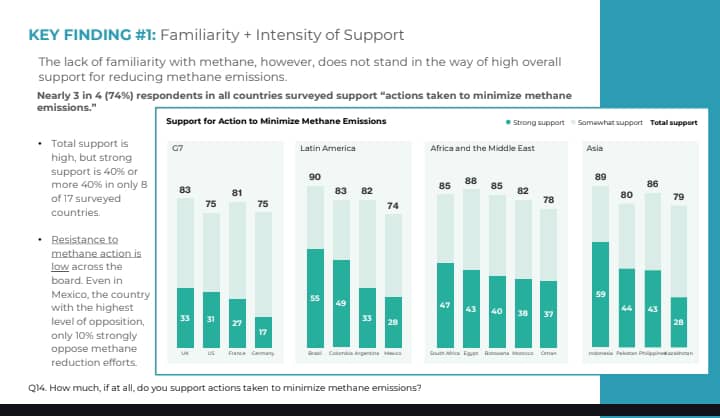
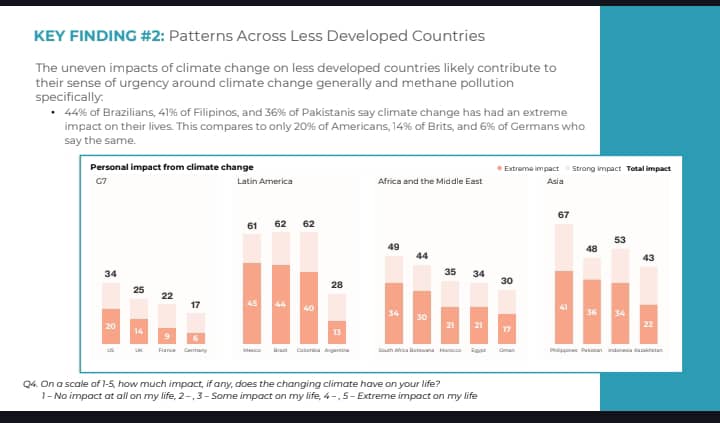
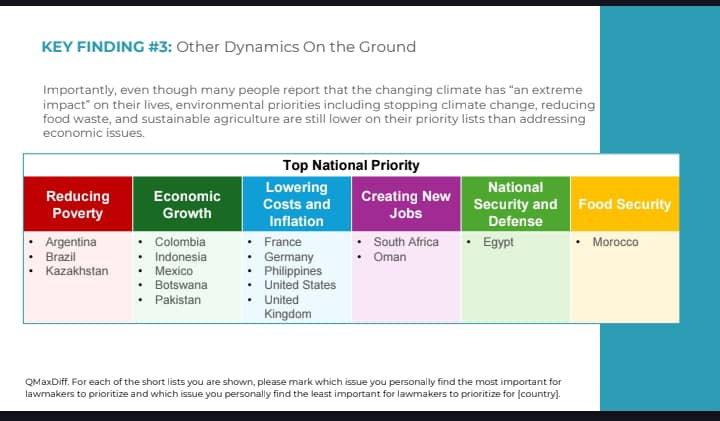
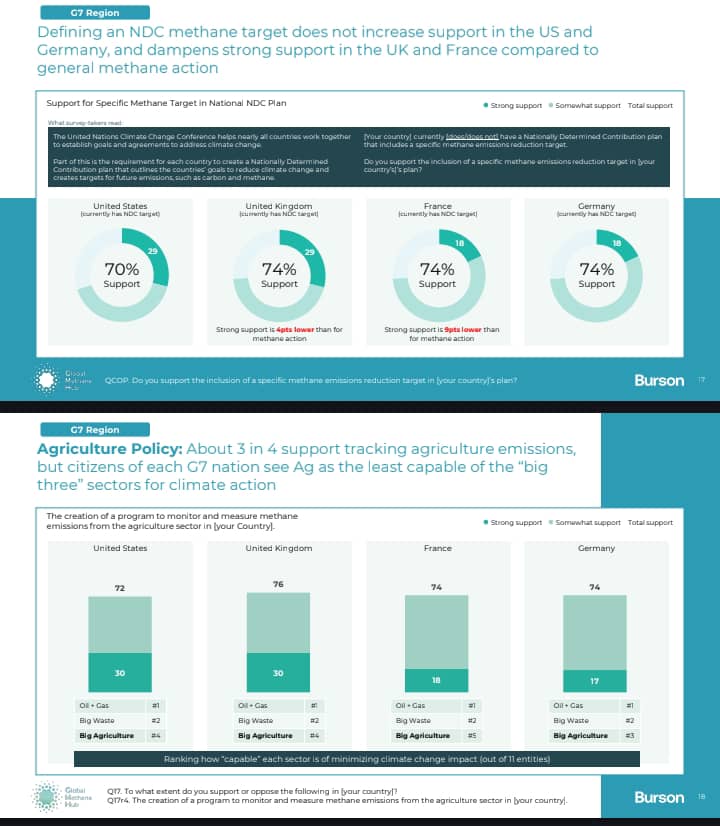
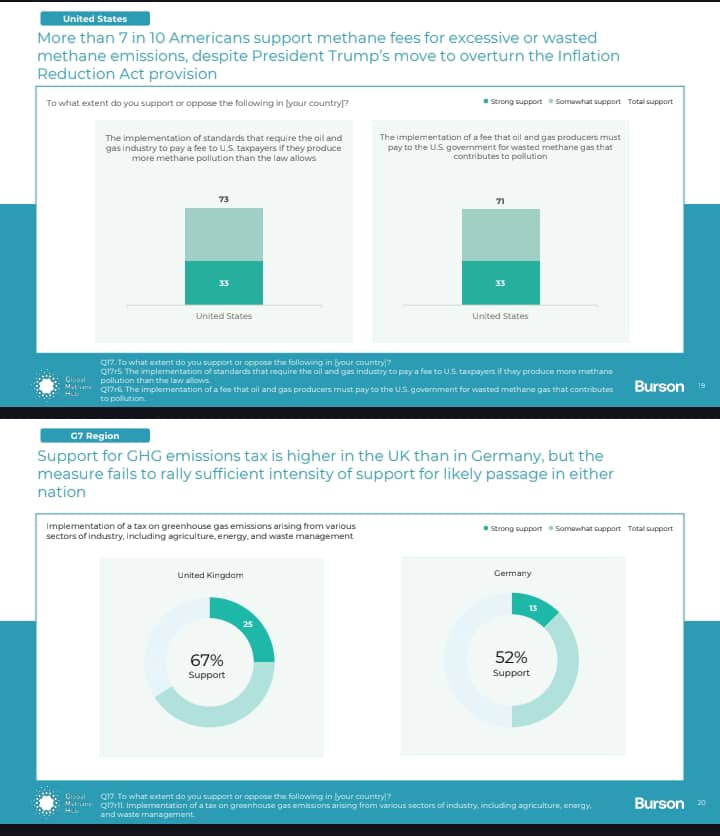
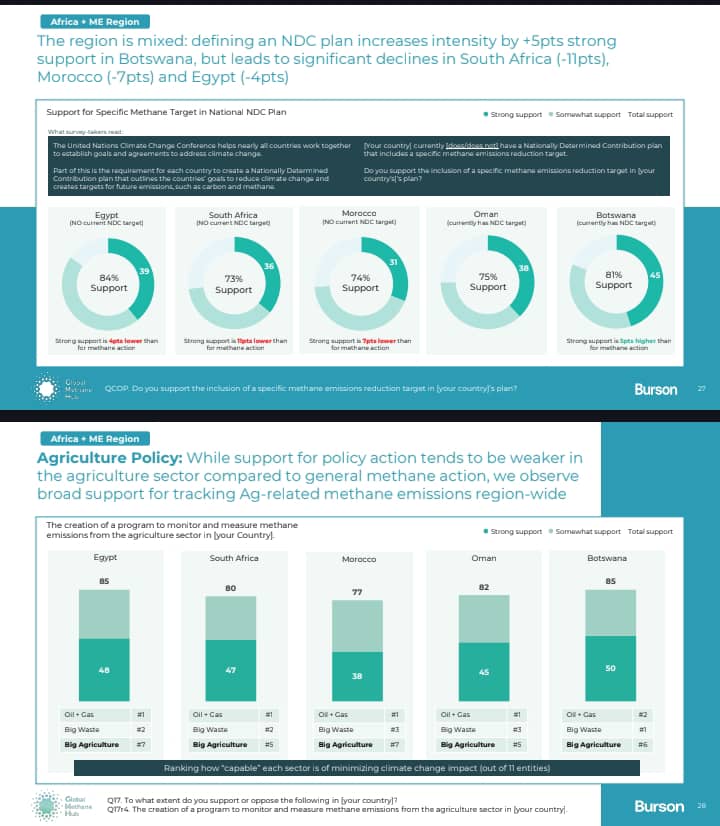
The Views, Comments, Opinions, Contributions and Statements made by Readers and Contributors on this platform do not necessarily represent the views or policy of Multimedia Group Limited.
The Views, Comments, Opinions, Contributions and Statements made by Readers and Contributors on this platform do not necessarily represent the views or policy of Multimedia Group Limited.
